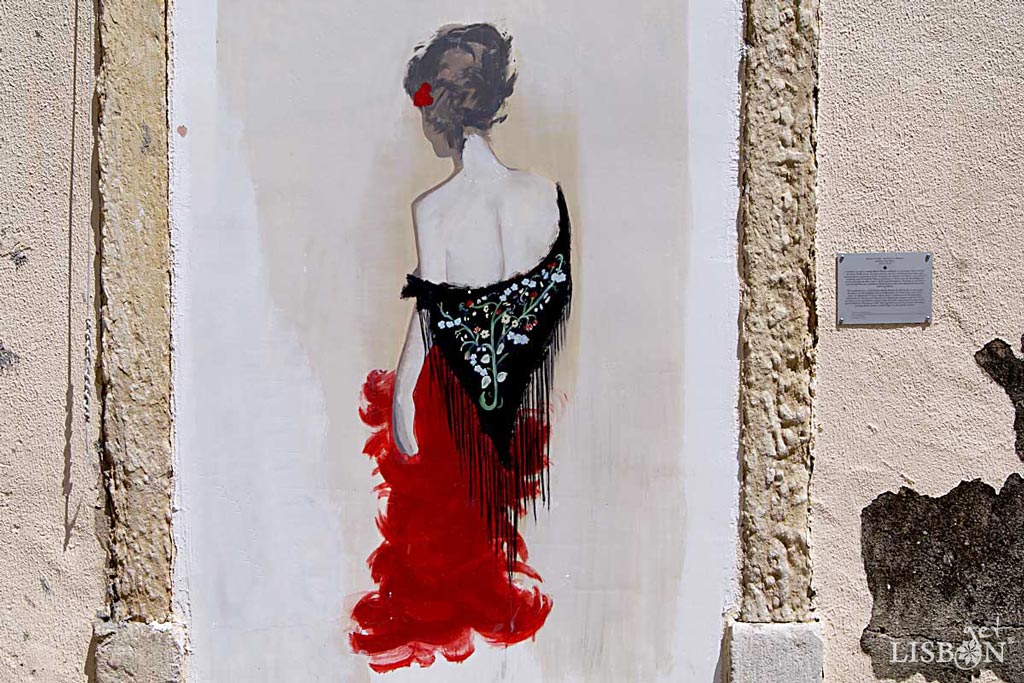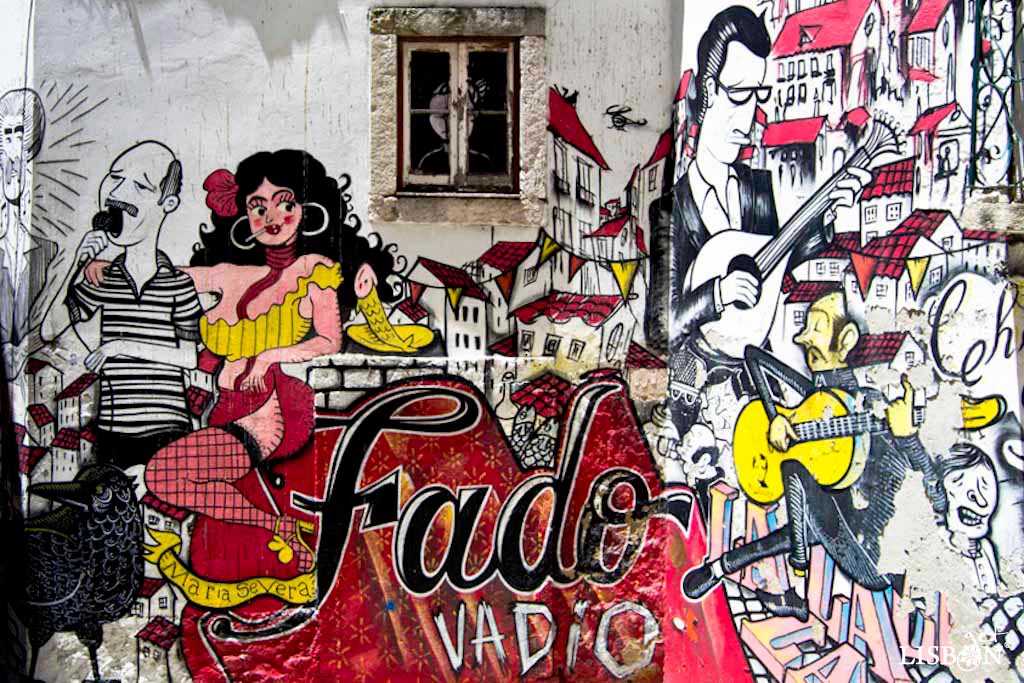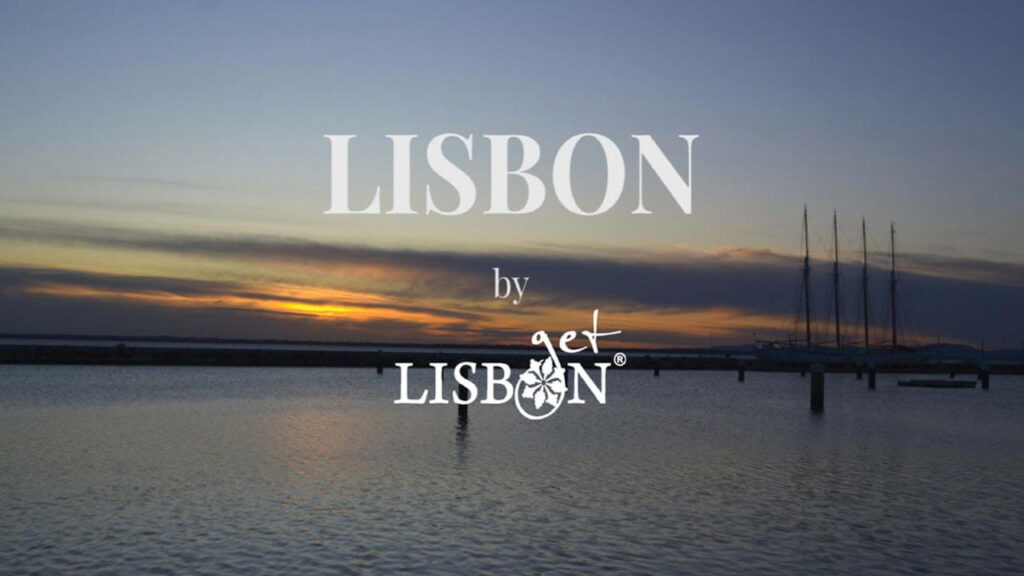Original article published on 27 November 2019
Fado and saudade are the two most difficult words to translate from Portuguese, if not impossible. But perhaps we can make it easier to understand if we say that fado is related with destiny and saudade with nostalgia and sadness caused by the absence of something in time or in space.
These definitions of such complex feelings are the most common topics in fado, the music that is sung accompanied by a classical guitar and a Portuguese guitar and that in November 2011 was inscribed by UNESCO on the list of Intangible Cultural Heritage of Humanity.
With an obscure origin, but surely resultant from the crossing and fusion of different cultures, fado has become not only the sonority of Lisbon, but fundamentally the feel of the city.
There are countless fados that celebrate the city of the seven hills. Although unknown when exactly, it was here that fado was born and it was from here that it went on to spread across the country and later, across the world.
By purchasing your tickets here you are supporting the getLISBON project.
Fado, an Anthem to Sentiment and to the City

It is generally known for being an anthem of melancholy, fatalism, sadness, tragedy, grief, resignation, betrayal, jealousy and all kinds of negative and self-destructive feelings, as these are many times present in the poems, in the sonority of the guitars and in the aching voices of the fado singers.
But you’re wrong to think that fado is just mourning. This peculiar music also celebrates life, joy, love, fight and resistance… in truth, it reflects in a strong and passionate way every feeling that is part of life.
The life in the city of Lisbon, its losses mourned for and its exalted beauty or peculiarity, are and will always be deeply connected with the Tagus river.
The river is celebrated with a certain nostalgia through the old fragatas (a typical boat of the Tagus River) and the fishwives. The destruction of Mouraria but also the magnificent views of the countless viewpoints, the picturesque funiculars and trams and the traditional tiles are some ways in which the city is celebrated.
This way fado, a cultural and urban phenomenon started by spreading the culture of Lisbon and, later on, the Portuguese culture in general.


Origins and the Development

Despite the unknown popular origin of fado, we can say it was born in the mid-19th century. At that time it was sung by sailors but by the end of the century it was sung in the palaces of Lisbon, but always having a bad reputation.
For instance, the famous love affair between the oldest and mythical singer Maria Severa, a prostitute in Mouraria that tragically died at the age of 26 in 1846, and the Count of Vimioso that would take her to sing in his palace in Santana Hill.
Fado was the form of expression of the popular neighbourhoods, the music of the docks and of the most obscure alleys with dubious or simply poor people. Fado vadio (directly translated to vagabond fado) was sung freely without any professional character.
With time it gained structure. The music acquired a melodic richness, and the artistic quality of its interpretation increased. Not only that, but in addition to the popular poetry, more complex verses by both old and contemporary erudite authors were introduced to fado.
In the first half of the 20th century the fadistas (fado singers) left the traditional neighbourhoods and gained protagonism in teatro de revista (a type of multi-act popular theatrical entertainment that combines music, dance, and sketches), film industry and radio. Plus, they recorded albums, increasing their commercial promotion and professionalism.
Loved by everyone, locals or foreigners, it is a national musical expression par excellence. In Fado Museum it is represented and interpreted in other art forms, from paintings from consecrated authors to contemporary sculpture, and from motifs in the Portuguese pavement to street art murals…
| Never miss another article | Subscribe here |
By singing, the fadista is talking to himself as if he was praying, and paradoxically, sharing his feelings with the world.
Even the listeners who don’t understand the words of his poems, take in the emotions in the notes of the guitars and in the voices of the fadistas. When there’s empathy and the souls speak to each other, fado happens!
This is a cultural expression with more and more interpreters and styles that is alive and that we could not and must not leave out.
The project getLISBON has been very rewarding and we want to continue revealing the singularities of fascinating Lisbon.
Help us keep this project alive!
By using these links to make your reservations you’ll be supporting us. With no extra costs!
• Looking for a different experience? We can create a customised itinerary based on your interests. Contact us!
• Or if you prefer tours and other activities in various destinations, take a look at GetYourGuide.
• Save time and money with a flexible Lisbon Card!




